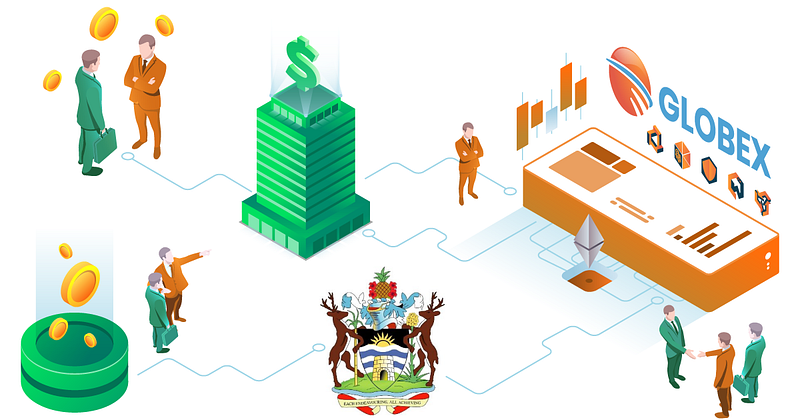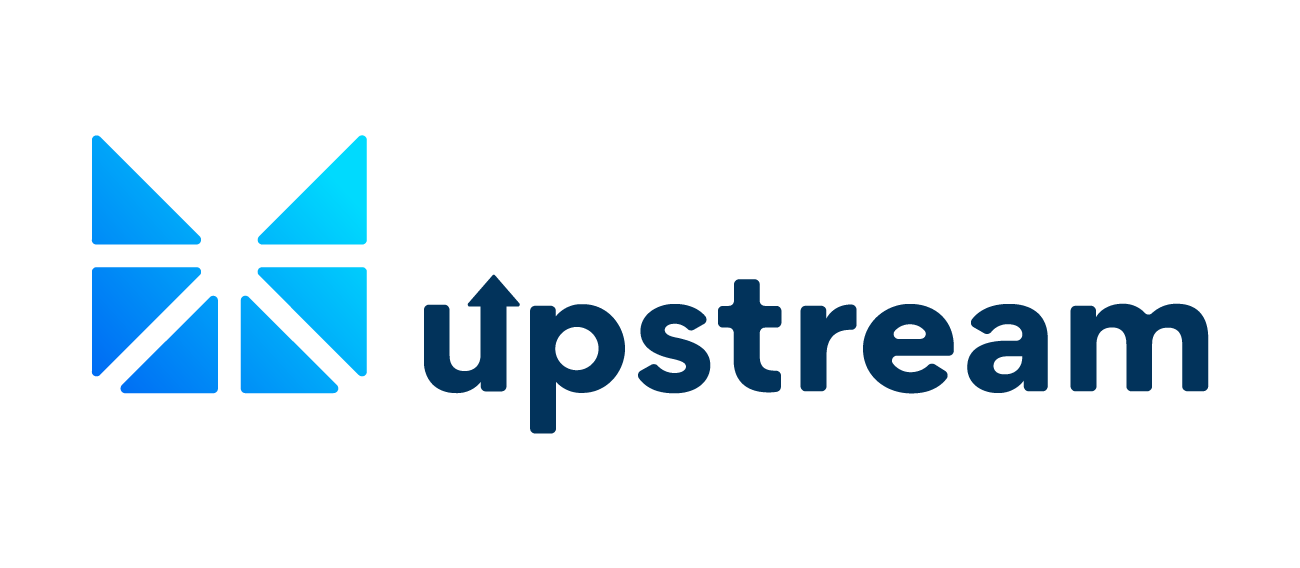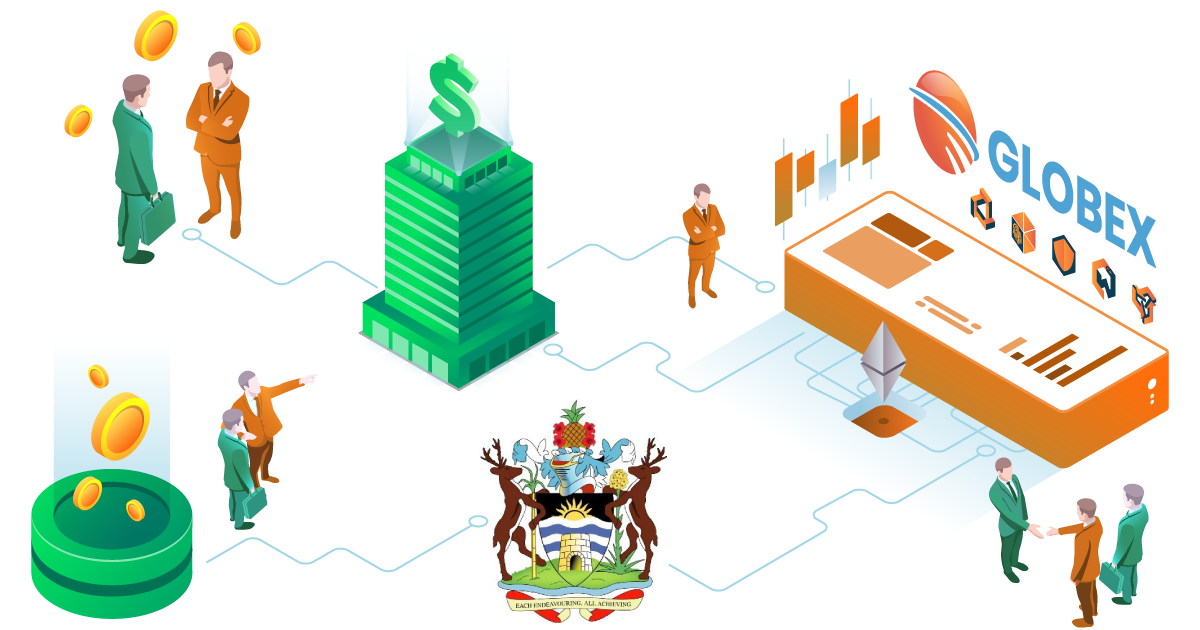
By Vanessa Malone
This week, we announced that Horizon’s blockchain technology suite will power Antigua & Barbuda’s international exchange for investors to buy and sell compliant digital securities, also referred to as security tokens.
The proposed framework combines three critical components for a healthy digital securities marketplace to thrive on the Ethereum public blockchain:
- Government backing with the MFCG establishing the regulatory framework required to protect investors, ensure global financial regulatory transparency for market participants, and maintain national market integrity
- Horizon’s digital securities exchange software, called Open Order Book, for compliant issuers to list and trade globally 24/7 with T+0 settlement directly from their smartphone
- A licensed financial institution, Julius Capital Bank Inc., to provide an accessible fiat banking on-ramp and off-ramp for traders that wish to transact in the Antigua and Barbuda digital securities marketplace
In a world first, the exchange will feature “dollarized trading”, a Horizon-coined term presenting a digital securities exchange with trading pairs priced only against fiat. This methodology helps solve for critical banking problems blockchain-related exchanges are struggling with today. Before we explain dollarized trading, we first have to explain the issue with correspondent banking.
The correspondent banking problem
Investopedia defines a correspondent bank as a bank in one country that is authorized to provide services for another bank or financial institution in a foreign country. It typically involves two banks establishing reciprocal accounts with one another for streamlined currency exchanges, money transfers, and other international transactions.
The dilemma — most traditional banks aren’t comfortable transacting funds in any way connected to cryptocurrencies.
So, while investors are able to deposit funds into an exchange without delay, those ready to exchange their cryptocurrency earnings into fiat face a road block.
Without a network of correspondent banks, the ability to move money in and out of crypto-related exchanges has slowed growth to date.
For example, in 2017 Wells Fargo stopped operating as a correspondent bank for Bitfinex. This prompted an announcement apologizing to their customers experiencing temporary delays in the processing of outbound fiat wires. They went on to say they are “not alone in the bitcoin community in confronting challenges presented by correspondent banks; other exchanges in the digital currency ecosystem are also being affected.”
Another example is Malta, which is well known for its forward-thinking regulations regarding crypto and blockchain technology. It’s been reported that many companies related to the blockchain space are struggling to secure banking services there as well.
That said, we are happy to have a licensed financial institution, Julius Capital Bank, as part of the equation in Antigua and Barbuda to help address the international crypto banking issue. We believe this paired with our dollarized exchange solution creates a perfect storm for issuers and investors to safely participate in the digital securities marketplace, something that hasn’t existed until now.
What is dollarized trading?
Horizon has developed a dollarized secondary trading solution to solve for correspondent banking by severing the marketplace’s tie to cryptocurrencies.
In an Open Order Book powered marketplace, digital securities are quoted, traded, and immediately settled only against fiat. Investors deposit and withdraw funds in fiat through a government bank thereby minimizing the risk of cryptocurrency price fluctuations and global regulatory concerns regarding cryptocurrency anti-money laundering (AML) exposure.
Instead of pegging an issuer’s stock to the volatile cryptocurrency market, an issuer’s stock is pegged to the company’s value in itself.
Now this news may have initially set off a collective gasp from some members of the crypto community, but it’s important to clarify that blockchain does not equal cryptocurrency.
While blockchain made its debut with Bitcoin and various altcoins that followed, the underlying technology proves to have many revolutionary use cases outside of cryptocurrencies.
Our goal is to make Antigua the first of a series of interoperable trading venues for issuers and investors to transparently, securely, and seamlessly buy and sell securities on the Ethereum public blockchain around the world.
Lastly, we do think that banks and governments may warm up to the idea of cryptocurrencies and blockchain technology over time. But investors and issuers eager to participate in blockchain-related exchanges need a viable solution today. Our goal was to provide this technology and make sure its adaptable to the future.
Upcoming news:
Dollarized trading is just one of the many features Open Order Book’s trading technology offers. We’ll be sharing more details in the coming weeks, so be sure to connect with us to keep up. You can learn more at http://horizonglobex.com/.

